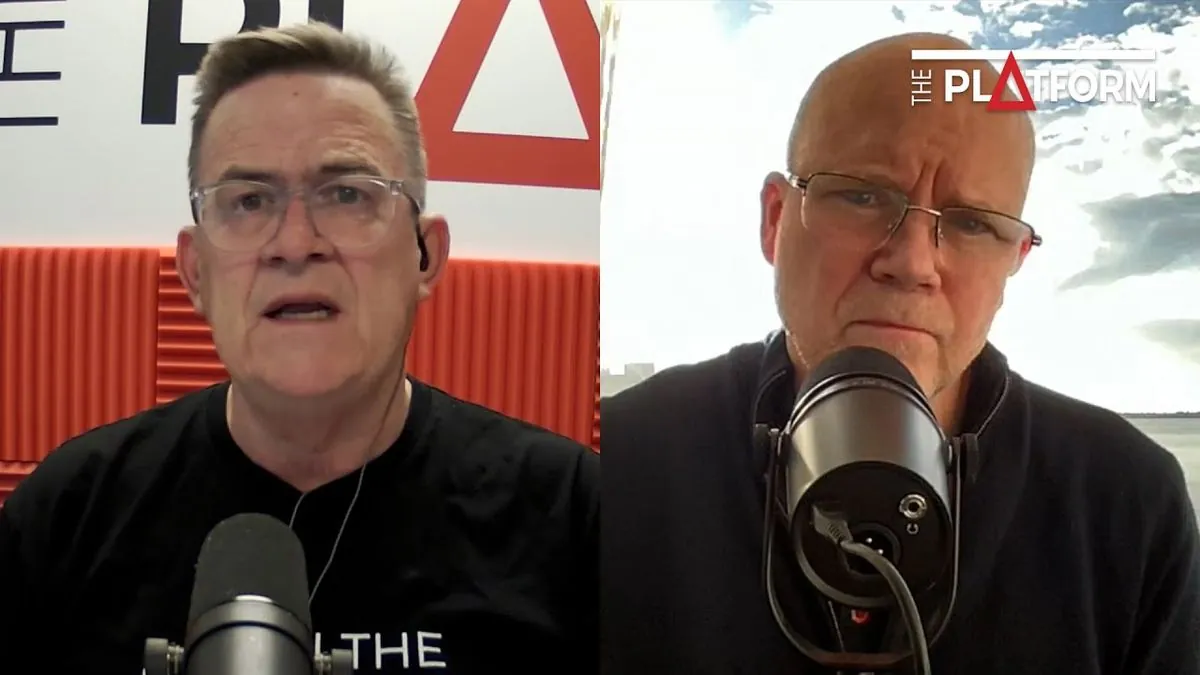In a recent episode of the Planet Normal podcast, Toby Young, founder of the Free Speech Union, addressed the contentious issue of social media prosecutions following recent civil unrest in the UK. Young's comments come amidst growing concerns about the government's approach to online speech and its potential implications for freedom of expression.
Young emphasized the importance of not oversimplifying the role of social media in public disturbances. He stated, "We've had public disturbances in the past before we had social media," referencing the England riots of 2011, which occurred approximately 13 years ago. This perspective highlights the complex nature of social unrest, which has historical precedents predating the digital age.
The Free Speech Union, established in 2020, has taken proactive measures to support individuals facing legal action for their social media posts. Young explained, "We've put in place a relationship with a top firm of criminal solicitors," offering free consultations and full defence funding for cases with merit. This initiative reflects the growing concern among citizens about the potential legal ramifications of their online activities.
The discussion touches on broader issues of free speech in the digital era. While social media platforms like Facebook and Twitter, launched in the early 2000s, have revolutionized communication, they have also presented new challenges for lawmakers and society at large. The UK, lacking a codified constitution guaranteeing free speech akin to the US First Amendment, has grappled with balancing online regulation and freedom of expression.
Young expressed concern about the potential chilling effect on public discourse, suggesting that people might "be biting their tongues before they criticise the government in future." This sentiment echoes wider debates about the impact of online content regulation on democratic participation and free speech.
It's worth noting that the UK has a long history of managing public unrest, with the first Riot Act passed in 1714, long before the advent of social media. The current discussions about online speech and its relation to public disorder are part of an ongoing evolution in how societies address the intersection of technology, communication, and civil liberties.
As of 2021, there were over 4.48 billion active social media users worldwide, underscoring the vast reach and potential influence of these platforms. The UK's Online Safety Bill, introduced in 2021, and the European Union's Digital Services Act of 2022 represent recent attempts to regulate this digital landscape.
"I can't think of a time when people have been sent to jail en masse for things they've said on social media."
This statement from Young highlights the unprecedented nature of the current situation and the potential risks to free speech in the digital age. As the debate continues, it remains crucial to balance public safety concerns with the protection of fundamental liberties in an increasingly connected world.
